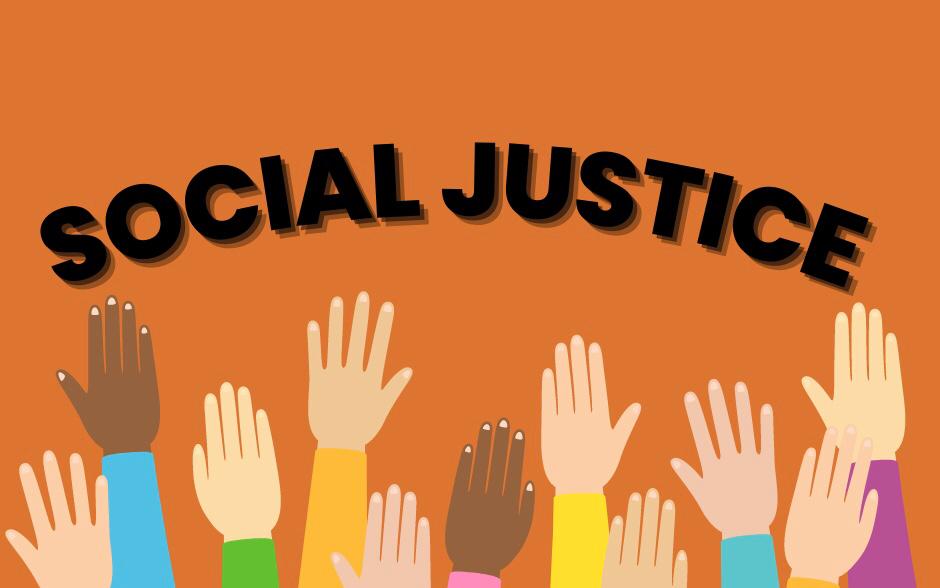
Tackling Social Justice in Nigeria: A Call for Accountability and Action
Social justice is an essential component of any society, as it guarantees that every individual is treated fairly and given equal opportunities to succeed. However, the current state of social justice in Nigeria is a cause for concern as discrimination, inequality, and human rights violations continue to plague the country.
One of the major issues affecting social justice in Nigeria is poverty. According to the World Poverty Clock, Nigeria has the highest number of people living in extreme poverty globally, with over 90 million people living on less than $2 a day. This has led to a wide range of social and economic inequalities, including poor access to education, healthcare, and basic services.
Another critical issue in Nigeria is corruption, which has affected the country's economic development and social justice. The country has consistently ranked low in the Transparency International Corruption Perception Index, indicating that corruption is pervasive across all sectors of society. Corruption has led to a lack of accountability and transparency, resulting in inadequate social services, poor infrastructure, and human rights abuses.
The Nigerian government has made efforts to address social justice issues, but these efforts have often been insufficient. For example, the governmanat has deployed a scoail protection plocy that led to the creation of interventions such as the school feeding program, trader moni, conditional cash transfer among others. Similarly, the government has established the agencies such as the Economic and financial Crimes Commission (EFCC) and National Human Rights Commission (NHRC) among others to curb corruption and upholding human rights, which is responsible for investigating human rights violations and promoting human rights awareness. However, the commission lacks the necessary resources to carry out its mandate effectively, resulting in a lack of accountability for human rights abuses.
Social justice is not only concerned with human rights abuses a situation which, for instance, a 2019 Amnesty International report shares that "the government of Nigeria has failed to take effective measures to tackle widespread and systemic human rights violations”. Social Justice is also about ensuring access, equitable distribution of resources, particpation and inclusion.
In conclusion, the state of social justice in Nigeria remains a significant challenge, with poverty, corruption, and human rights abuses continuing to affect millions of people in the country. The Nigerian government must take concrete steps to address these issues, including improving access to education and healthcare, promoting transparency and accountability, and ensuring that human rights are protected and respected. As Nigerian Nobel Laureate Wole Soyinka once said, "The greatest threat to freedom is the absence of criticism." It is vital for individuals, civil society organizations, and the international community to continually hold the Nigerian government accountable and advocate for social justice for all and that is why the community of practice on Social Justice supported by Voice Nigeria have put together a Compendium of learnings on Social Justice to the public.

Comments
No Comment available!